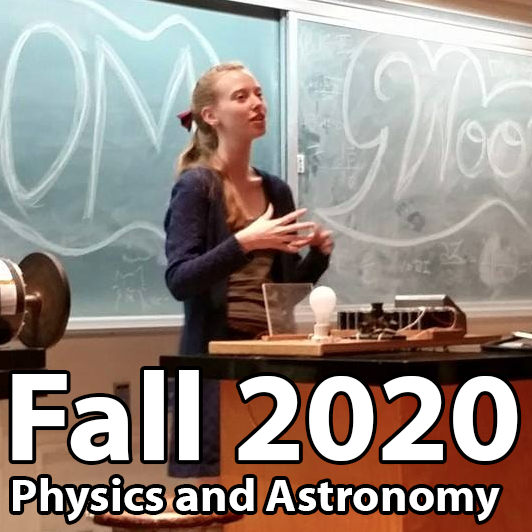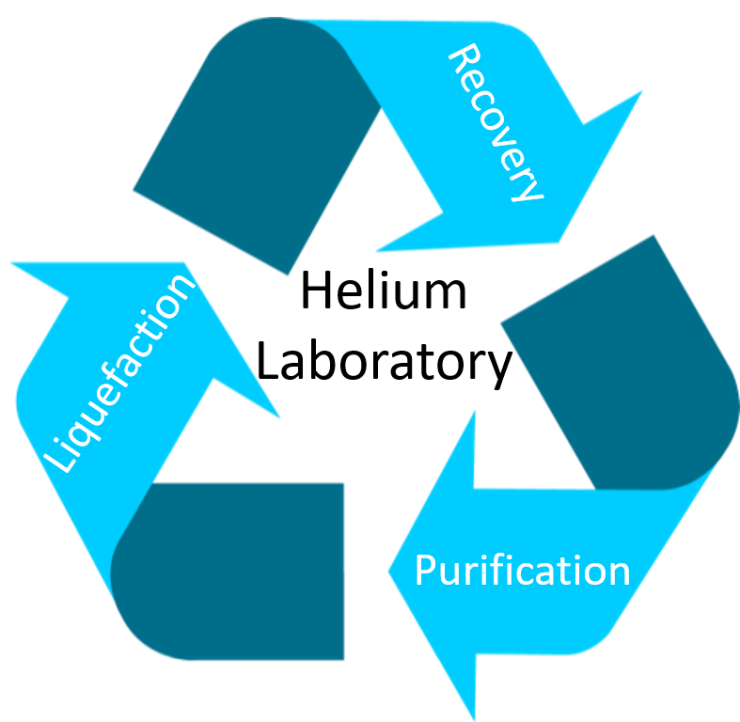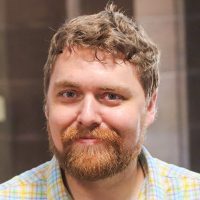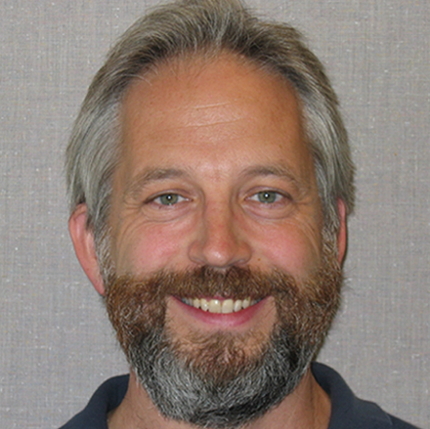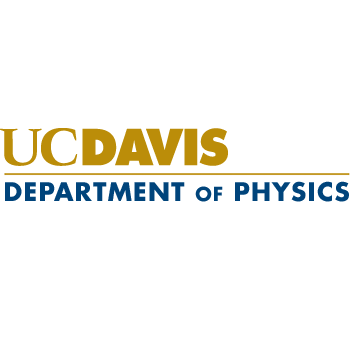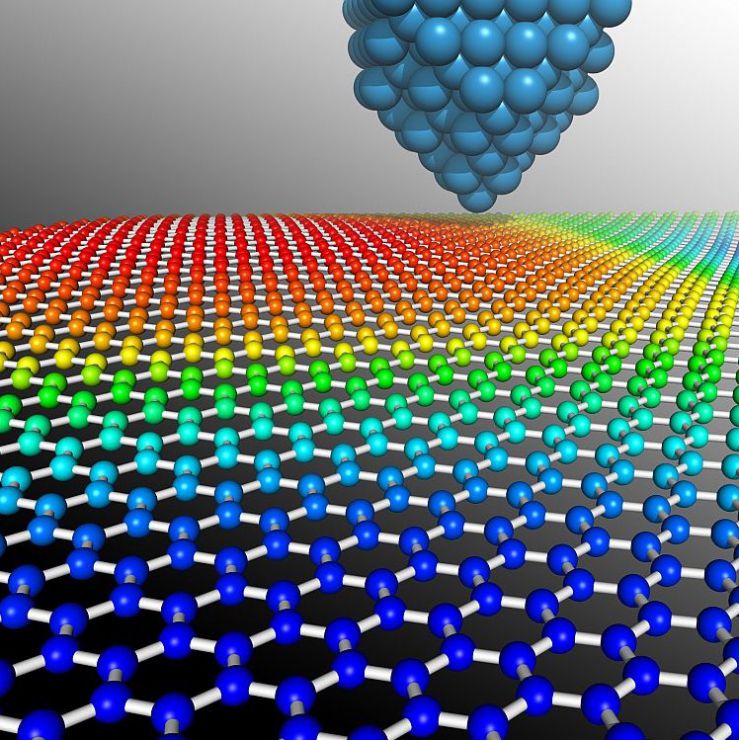
COVID-19 Daily Symptom Survey
COVID-19 Daily Symptom Survey - We must all complete the Daily Symptom Survey before entering a UC Davis campus facility. When Physics & Astronomy department members receive the email Approval Notification, please forward that email to COVID19survey@physics.ucdavis.edu. These approval notices will be maintained up to 30 days before being deleted from our department records. The Qualtrics survey takes about 30 seconds on your smartphone or other device. Beginning 9/21/2020, a Qualtrics-based survey is available for campus visitors, including vendors. The visitor survey and the one for students and employees are both available at https://campusready.ucdavis.edu/symptom-monitoring


